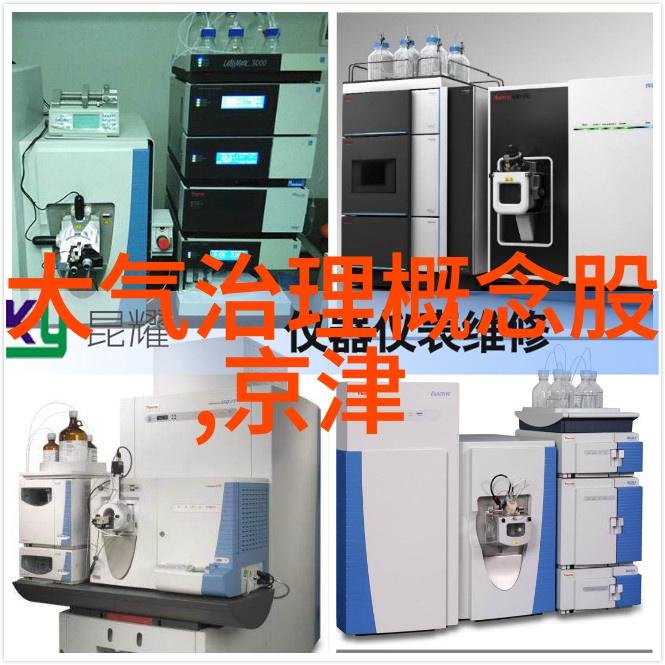潜流中的污染地下水清澈面纱下的黑暗真相
潜流中的污染:地下水清澈面纱下的黑暗真相

地下水的重要性与脆弱性
地下水是地球上最古老而且丰富的自然资源,占据了全球淡水资源总量的三分之七。它不仅为农业灌溉、工业生产和城市供水提供了保障,也是维持生态平衡和生物多样性的关键。然而,由于其深藏在地表以下,它易受人类活动影响,成为现代社会不可忽视的地球难题之一。

地下水污染现状概览
Underground water pollution is a growing global concern, with millions of people around the world affected by contaminated groundwater supplies. The issue is complex and multifaceted, involving industrial waste, agricultural runoff, sewage leakage and natural contamination.

产业废弃物对地下水的威胁
Industrial activities such as mining and manufacturing often release toxic chemicals into the environment which can contaminate groundwater sources. Heavy metals like lead and mercury are particularly dangerous as they can accumulate in the soil and remain there for centuries.

农业使用化学品对地下水的影响
Agricultural practices also pose a significant threat to groundwater quality due to excessive use of fertilizers and pesticides which seep into the soil profile eventually reaching underground aquifers.

城市生活垃圾处理不当引发的问题
Inadequate waste management systems in urban areas result in leachates from landfills contaminating nearby aquifers with harmful substances such as volatile organic compounds (VOCs), heavy metals, pathogens etc.
自然因素导致的地下水污染
Natural processes like volcanic activity or saltwater intrusion from coastal areas can also affect freshwater aquifer quality making it undrinkable for human consumption or causing damage to crops that rely on them for irrigation purposes.
地下水污染检测与预防措施
Early detection of contaminants is crucial in preventing further spread of pollutants through monitoring wells regularly for signs of contamination using various analytical techniques including chemical analysis tests on water samples collected from different depths within an aquifer system.
应对策略与国际合作需要强化地下的治理结构包括政策制定、监管执行、技术创新以及公众教育等多方面努力,以确保未来的地下源持续健康可用。
9 结语:地面的清新面纱掩盖着深处滋生的毒害,让我们必须意识到保护这宝贵资源对于人类未来发展至关重要,不仅要采取严格措施来控制现有的污染,还要预见并阻止未来的问题,为后代子孙留存一片干净纯净的地底世界。



